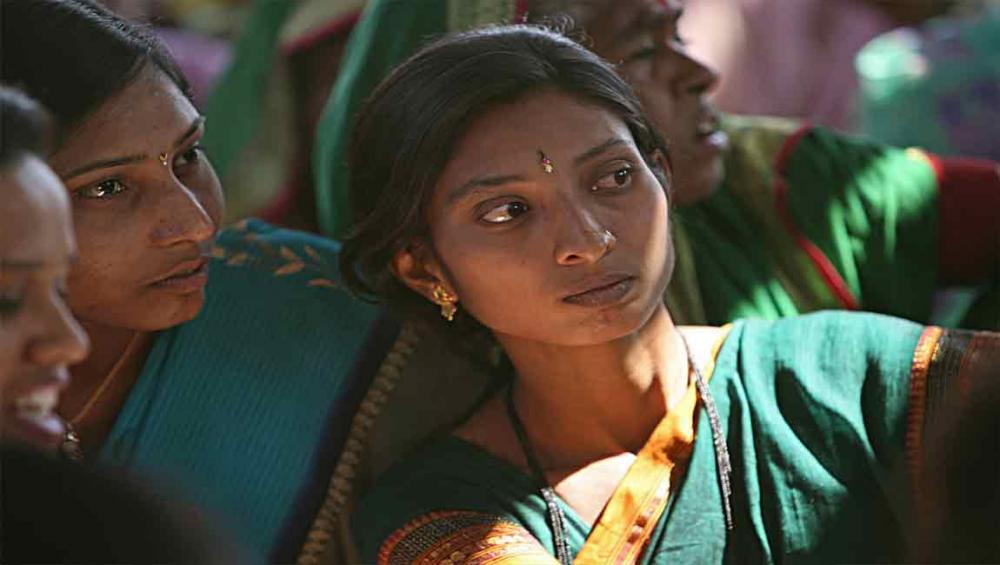Just Earth News | @justearthnews | 22 Jul 2017

Simone D. McCourtie/World Bank
Yuri Afanasiev, UN Resident Coordinator based in New Delhi, spoke to UN News while in New York this week for the High-Level Political Forum (HLPF), which is reviewing progress made so far on the SDGs ahead of their 2030 deadline.
He said that India's progress is essential for the global effort to meet the Goals, which include ending poverty and hunger; as well as providing universal education and quality healthcare for all, key targets agreed in the 2030 Agenda for Sustainable Development.
India's importance is underlined by one startling statistic, said Mr Afanasiev, who is also the UN Development Programme's (UNDP) Resident Representative. The country, which has a population of more than 1.3 billion, is responsible for around 50 per cent of the total global development needed to meet the SDGs.
The UN Coordinator said that “whatever we do with our relatively small resources, especially for a country like India, needs to be scalable, it needs to be impactful, and it needs to be focussed.”
He said the challenges India faces in order to reach the SDGs by 2030 “remain tremendous and daunting” but the rate of growth, change, and national commitment, meant that the future was looking positive for India.
Afansiev said that it might appear counter-intuitive to prioritize women's empowerment and education, ahead of infrastructure and economic growth indicators, but “if you don't have those two, all the rest become impossible.”